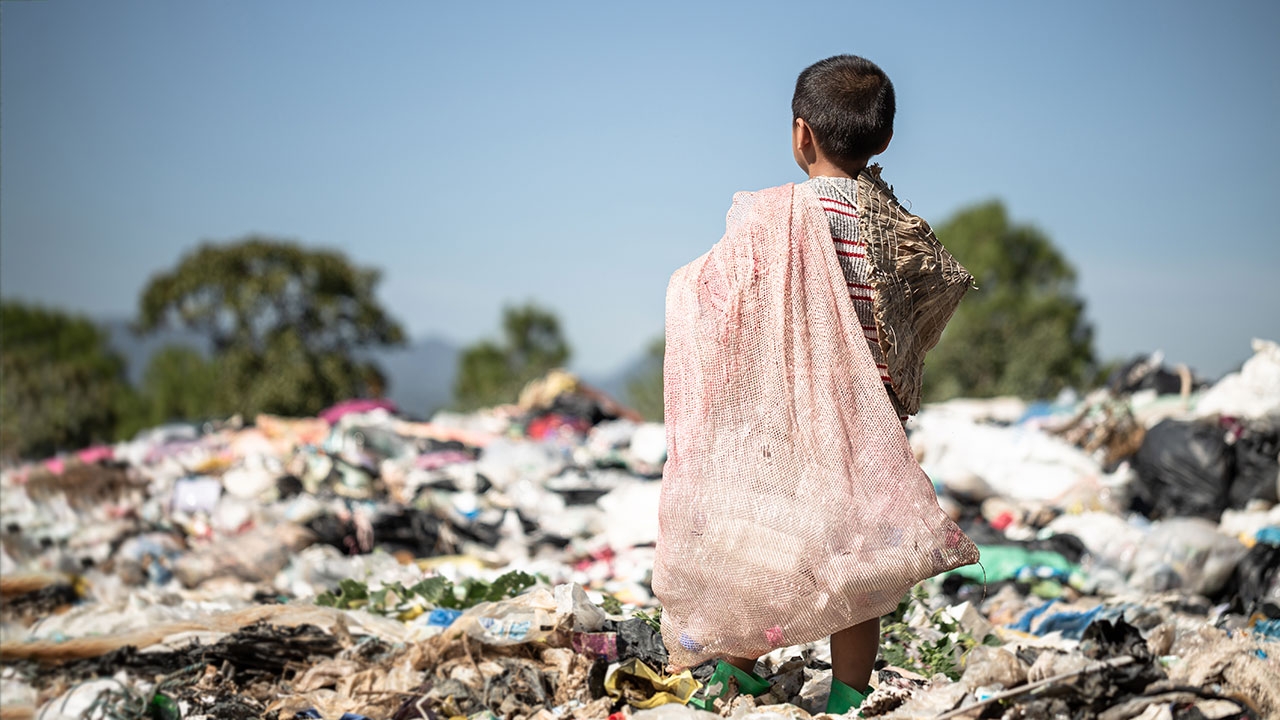
Poverty and inequality in Thailand are worsening, exacerbated by economic and political systems that reduce competition and concentrate business power, leading to corruption. This inequality poses a challenge for the new government to address. Assoc. Prof. Dr. Satraram Thambusdee highlighted this issue at a seminar about economic inequality and fairness, emphasizing that the elite’s collaboration in sharing resources and power leads to oppression of the populace.
The article outlines four key pillars supporting inequality in Thailand:
1. Economic Insecurity: Over 50% of Thailand’s workforce earns less than 10,000 baht/month, which is not sustainable. A large portion of this workforce is in precarious employment without stable wages, a system designed by the ruling class.
2. Violation of Human Dignity: Inequality affects access to social benefits. Higher education costs can be exorbitant, with some degrees costing more than a majority of incomes, indicating a tiered social welfare system that offers unequal access to education, healthcare, and food.
3. Freedom of Expression:** The lack of expression is not only a political issue but also a societal one. Under authoritarian regimes, media censorship prevails, limiting freedom for workers to organize or protest, leaving them with minimal avenues for empowerment.
4. Social Mobility:** Social mobility is crucial for democracy; however, in Thailand, socio-economic status often determines life outcomes. Issues persist where young individuals from disadvantaged backgrounds feel hopeful for the future but face significant barriers due to systematic inequality.
The article further discusses how various policies, such as tax breaks for large businesses, do not translate into broader economic benefits for the populace, as research indicates that such fiscal incentives return little to the economy. The author argues for more equitable distribution of resources to improve welfare provisions, stating that citizens should feel secure knowing their basic needs are met, which enables them to pursue better opportunities.
The government’s potential to deliver social benefits is significant, yet it often prioritizes large corporate interests over the needs of ordinary citizens. The article calls for a shift in investment strategies, emphasizing the need for systemic changes to create a more equitable society where welfare is prioritized for all.
Click to read more “Scoop on Page 1”
This article was rewritten from a Thairath’s news article.





